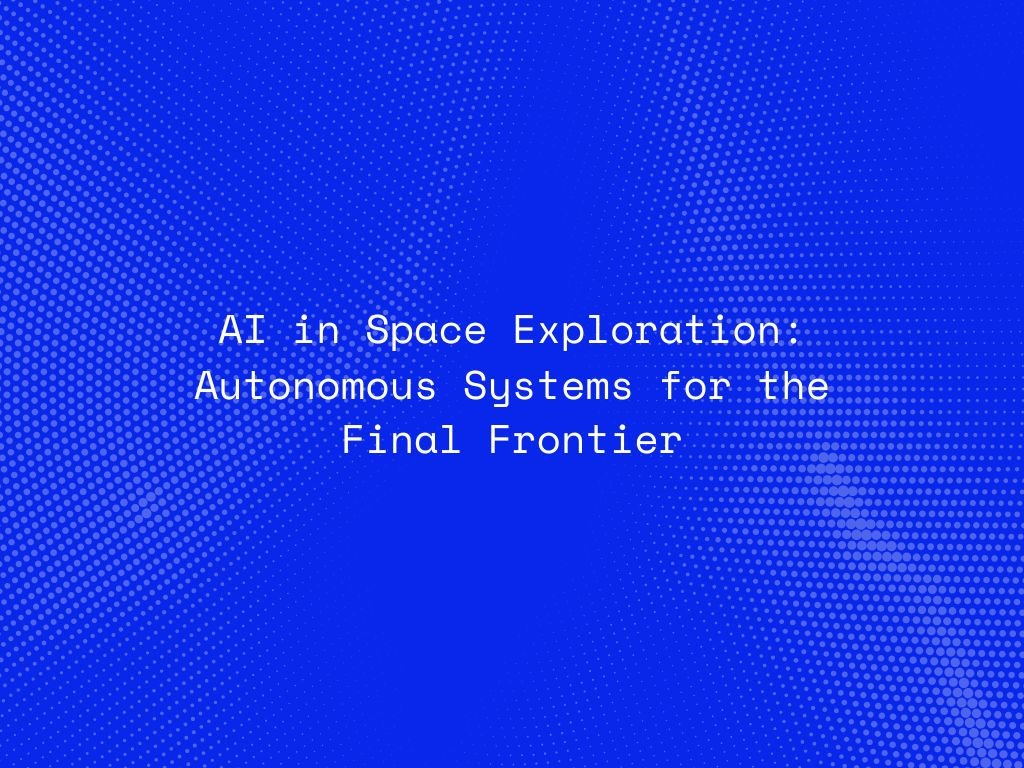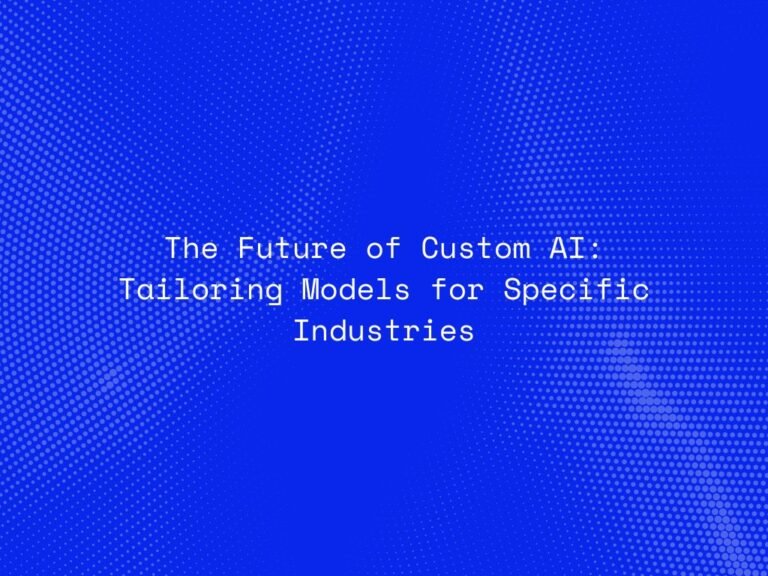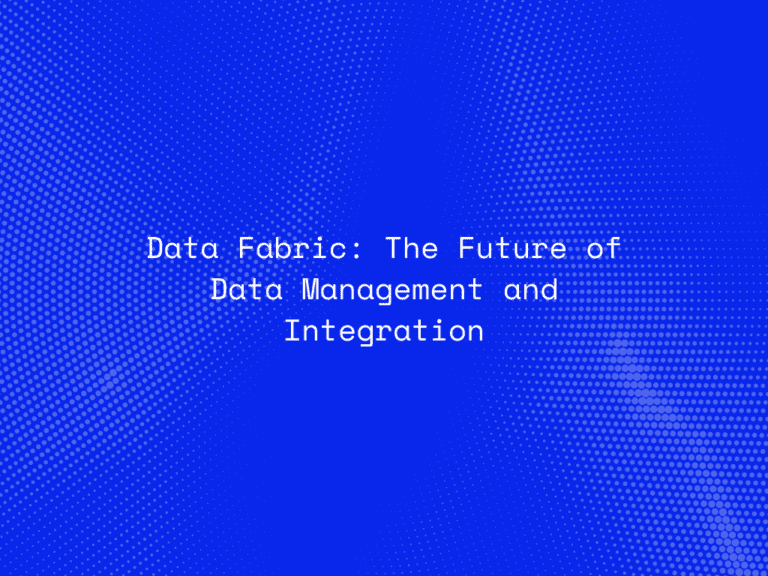Artificial Intelligence (AI) is not only transforming industries on Earth but is also extending humanity’s reach into the cosmos. As space agencies and private companies continue to explore the unknown, AI has become a vital enabler in navigating, analyzing, and operating in the vastness of space. From autonomous spacecraft and predictive maintenance of equipment to intelligent mission planning and deep-space communication, AI is reshaping how we approach space exploration.
Autonomy Beyond Human Reach
Space exploration presents unique challenges — long communication delays, unpredictable conditions, and limited human intervention. AI steps in to bridge these gaps by empowering spacecraft and rovers to operate autonomously. NASA’s Mars rovers, for instance, use AI-driven navigation systems to avoid obstacles, analyze terrain, and select optimal routes without real-time human control.
Similarly, autonomous satellites use AI algorithms for orbital adjustments, collision avoidance, and data optimization, ensuring efficiency and safety in increasingly crowded orbits.
AI-Driven Data Processing and Analysis
Every mission produces massive volumes of data, from telescope imagery to sensor readings. AI systems can analyze this data faster and more accurately than humans, identifying patterns and anomalies that might go unnoticed.
For example, AI algorithms help astronomers detect exoplanets by sifting through terabytes of observational data, recognizing faint signals amidst cosmic noise. In deep-space missions, AI aids in real-time decision-making, helping prioritize which data to send back to Earth when bandwidth is limited.
Predictive Maintenance and Mission Longevity
Spacecraft maintenance is an enormous challenge — once a probe is launched, physical repairs are impossible. AI-driven predictive maintenance models monitor the health of spacecraft systems, identifying early signs of potential failure.
By analyzing telemetry data, AI can forecast equipment wear and optimize energy usage, extending the life of satellites, rovers, and other critical systems. This proactive approach significantly reduces mission risks and ensures continuous operation even in harsh space environments.
Enhancing Human-Machine Collaboration
AI is also transforming astronaut missions by providing real-time support and intelligent decision-making assistance. Virtual assistants powered by natural language processing (NLP) can help astronauts manage complex procedures, troubleshoot issues, and optimize workflows aboard spacecraft or space stations.
Moreover, AI-powered robotics can assist in space construction, maintenance, and resource collection on lunar or Martian surfaces, reducing human workload and exposure to danger.
The Role of AI in Future Missions
As we prepare for more ambitious missions — such as establishing lunar bases, Mars colonization, and deep-space exploration — AI will play an even more integral role.
AI-based systems will manage autonomous fleets of spacecraft, coordinate multi-planetary communication networks, and even simulate mission outcomes before launch. These intelligent systems are not just tools but partners in humanity’s journey toward becoming an interplanetary species.
Challenges and Ethical Considerations
While the promise of AI in space exploration is immense, it comes with challenges. Ensuring reliability in unpredictable cosmic conditions, maintaining data security in autonomous systems, and addressing the ethical implications of machine decision-making are critical concerns.
Building trust between human controllers and AI systems is essential — especially when AI must make mission-critical choices in isolation millions of miles away from Earth.
Conclusion
AI has become the new co-pilot of space exploration. Its ability to think, adapt, and act autonomously is redefining how missions are planned, executed, and sustained. As AI technologies continue to evolve, they will not only expand our understanding of the universe but also pave the way for a future where human and machine intelligence work seamlessly beyond Earth’s boundaries.




